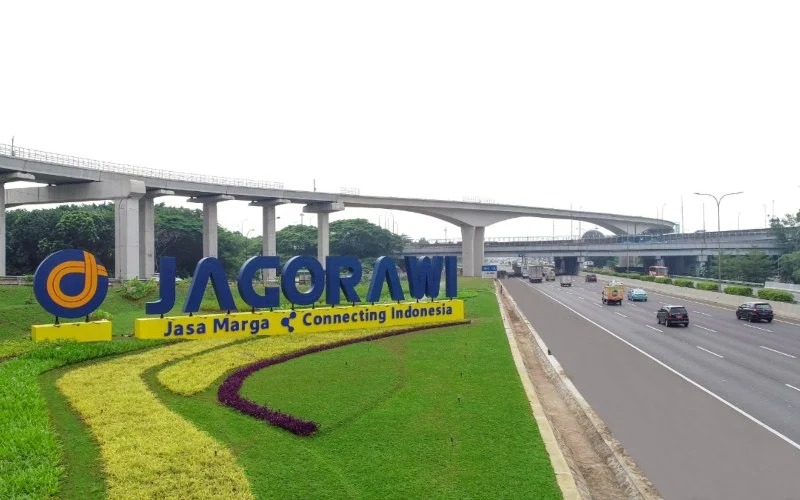

Over the past decade, President Joko Widodo (Jokowi) has heavily prioritized infrastructure development, making it a cornerstone of his administration. These efforts have included National Strategic Projects (PSNs) involving roads, railways, airports, and power plants. As of 2023, 156 projects have been completed, with 210 more targeted for completion by 2024.
While this initiative has driven economic development and improved logistics, it has also placed significant financial strain on state-owned enterprises like WIKA, WSKT, and JSMR.
WSKT, WIKA, and JSMR 5Y Share Price Performance
.png)
Construction-focused SOEs, including WIKA and WSKT, have faced increasing debt burdens due to their role in executing large-scale projects with low profitability margins. Both companies are undergoing extensive debt restructuring, with state equity injections of IDR6tn for WIKA and IDR12.5tn for WSKT in 2024 to stabilize their finances. Meanwhile, Jasa Marga, which operates toll roads, has experienced slower financial returns, as toll revenue often takes years to recover the heavy initial investment in road infrastructure
.png)
However, the new administration appears to have scaled back JSMR’s responsibilities in new toll road projects, allowing the company to focus on its existing portfolio and improve operational efficiencies. A significant move has been JSMR’s decision to return the GETACI toll road project to the government after assessing that the project would not meet its IRR threshold of 12-13%. This reflects JSMR's shift towards prioritizing profitability over expansive growth.
JSMR stands out as an attractive investment opportunity due to its strategic realignment and prudent financial management under Indonesia’s evolving infrastructure policy.
.png)
The company’s financial outlook is further supported by its approach to revenue recognition through Jakarta Toll Road Transactions (JTT), where gains are recorded under APIC while minority interests are appropriately accounted for in the balance sheet. Moreover, several toll roads, such as MLJ, JPM, TMJ, and JJC, remain unconsolidated, reducing the direct financial burden on JSMR and offering a leaner balance sheet.
In addition to scaling back riskier greenfield projects, JSMR is positioning itself as an asset management company for brownfield toll roads over the next decade. This strategic shift will allow the company to reduce its exposure to higher-risk developments, with greenfield projects increasingly delegated to non-listed state-owned enterprises like Hutama Karya. This move not only aligns with JSMR’s vision but also reduces the company's risk profile, making it a more stable investment.
The company’s revenue dynamics also remain strong despite potential fluctuations in transaction-based traffic volume, especially with the shift to closed toll systems or changes in road consolidation. Average selling price adjustments ensure that revenue remains unaffected, balancing out declines in traffic volumes.
.png)
We maintain our BUY rating with a higher target price of Rp7,125, implying forward multiples of 5.3x EV/EBITDA and 14.4x PE.

Comments